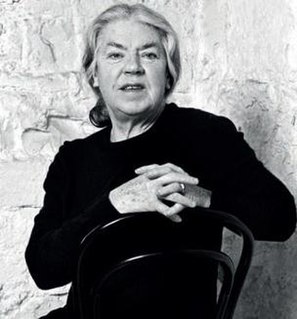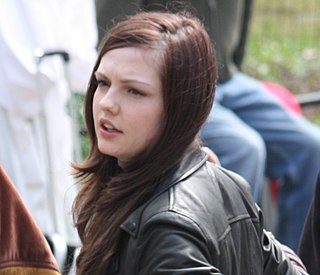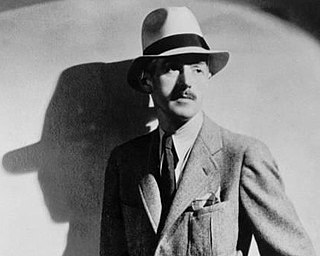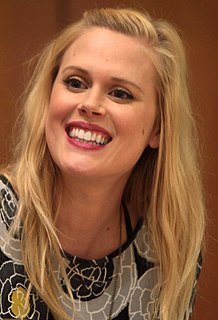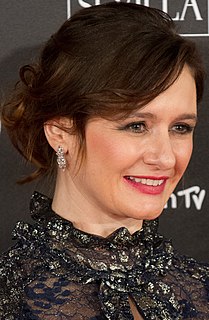A Quote by Bertrand Russell
In detective stories . . . I alternately identify myself with the murderer and the huntsman-detective, but . . . there are those to which this vicarious outlet is too mild.
Related Quotes
I often use detective elements in my books. I love detective novels. But I also think science fiction and detective stories are very close and friendly genres, which shows in the books by Isaac Asimov, John Brunner, and Glen Cook. However, whilst even a tiny drop of science fiction may harm a detective story, a little detective element benefits science fiction. Such a strange puzzle.
I think the detective story is by far the best upholder of the democratic doctrine in literature. I mean, there couldn't have been detective stories until there were democracies, because the very foundation of the detective story is the thesis that if you're guilty you'll get it in the neck and if you're innocent you can't possibly be harmed. No matter who you are.
Mma Ramotswe had a detective agency in Africa, at the foot of Kgale Hill. These were its assets: a tiny white van, two desks, two chairs, a telephone, and an old typewriter. Then there was a teapot, in which Mma Ramotswe – the only lady private detective in Botswana – brewed redbush tea. And three mugs – one for herself, one for her secretary, and one for the client. What else does a detective agency really need? Detective agencies rely on human intuition and intelligence, both of which Mma Ramotswe had in abundance. No inventory would ever include those, of course.
Love interest nearly always weakens a mystery because it introduces a type of suspense that is antagonistic to the detective's struggle to solve the problem. It stacks the cards, and in nine cases out of ten, it eliminates at least two useful suspects. The only effective love interest is that which creates a personal hazard for the detective - but which, at the same time, you instinctively feel to be a mere episode. A really good detective never gets married.
I like to consider myself a detective, which is how I justify my obsession with my phone. By nature, since I was a kid, I've always wanted to be a detective, and any portal to information and investigating things I have ever been given access to, I have dived into. With my phone, unfortunately, I have immediate access to everything.
I read a lot of detective stories because they always deliver. They give you a beginning, a middle, and an end - a resolution. The modern novels I read don't always deliver because I'm looking essentially for a story. As in Shakespeare, "The play's the thing." In particular I read detective stories for pacing, plot and suspense.
What I try to do is write a story about a detective rather than a detective story. Keeping the reader fooled until the last, possible moment is a good trick and I usually try to play it, but I can't attach more than secondary importance to it. The puzzle isn't so interesting to me as the behavior of the detective attacking it.
I spent a lot of time with a real detective, a lady detective inspector who was the only female detective inspector in the whole of East London. She and I hung out a lot. She showed me what she did and I spent time with her. So, [she was] a lot of the inspiration for the way I dressed and sometimes the dialogue in those interview scenes where we're cross examining and questioning the youths and trying to get a confession out of them.




